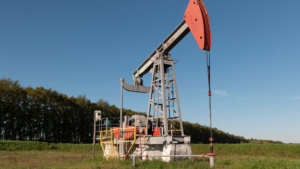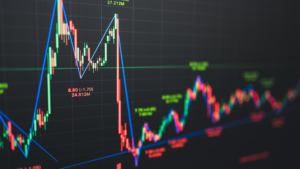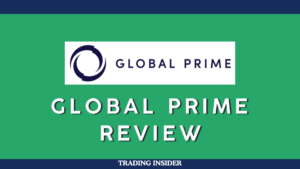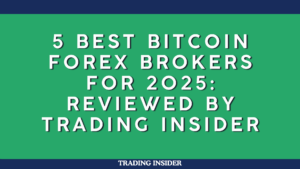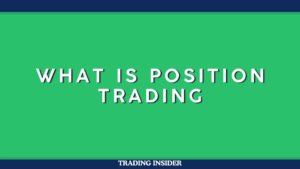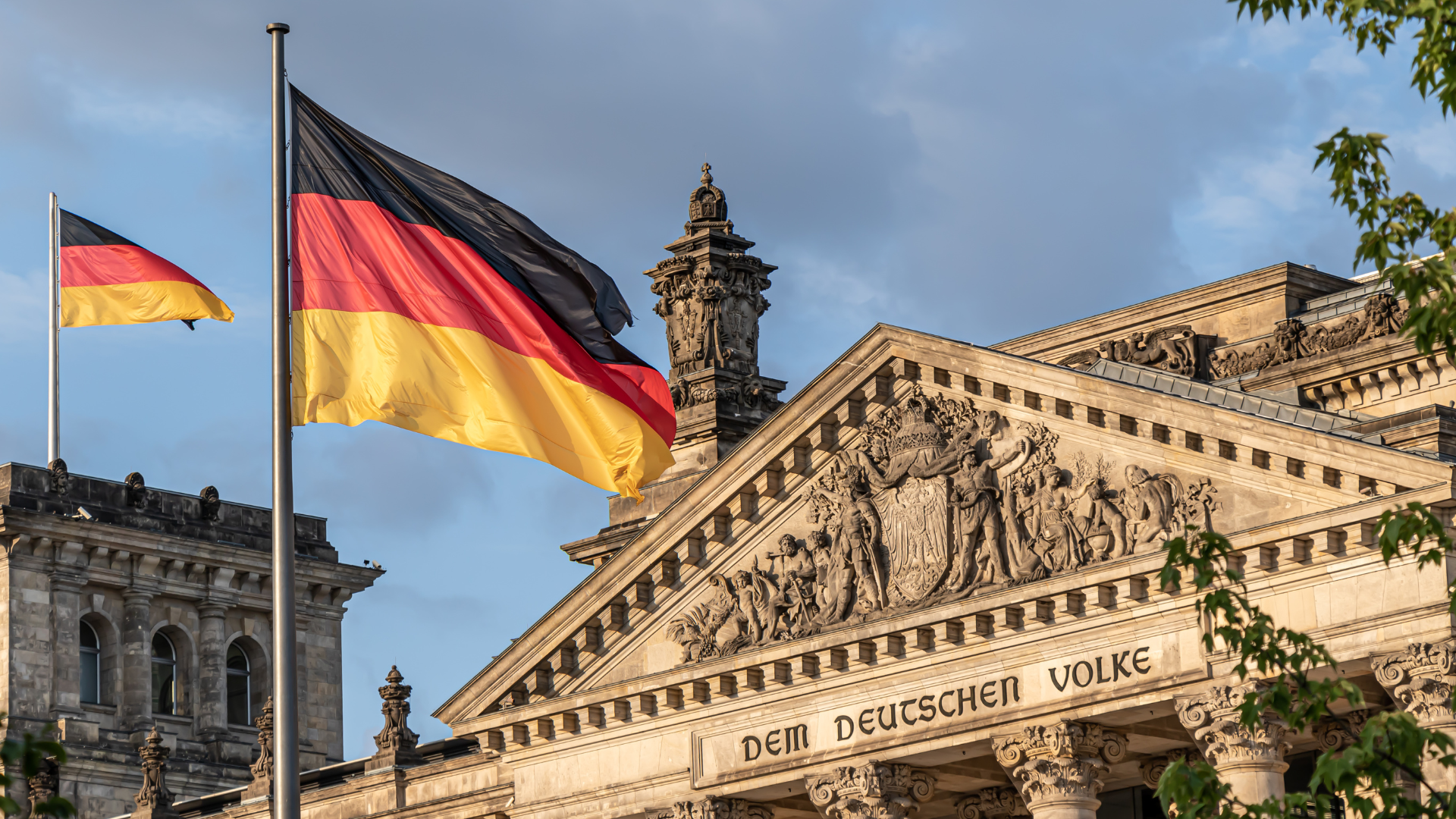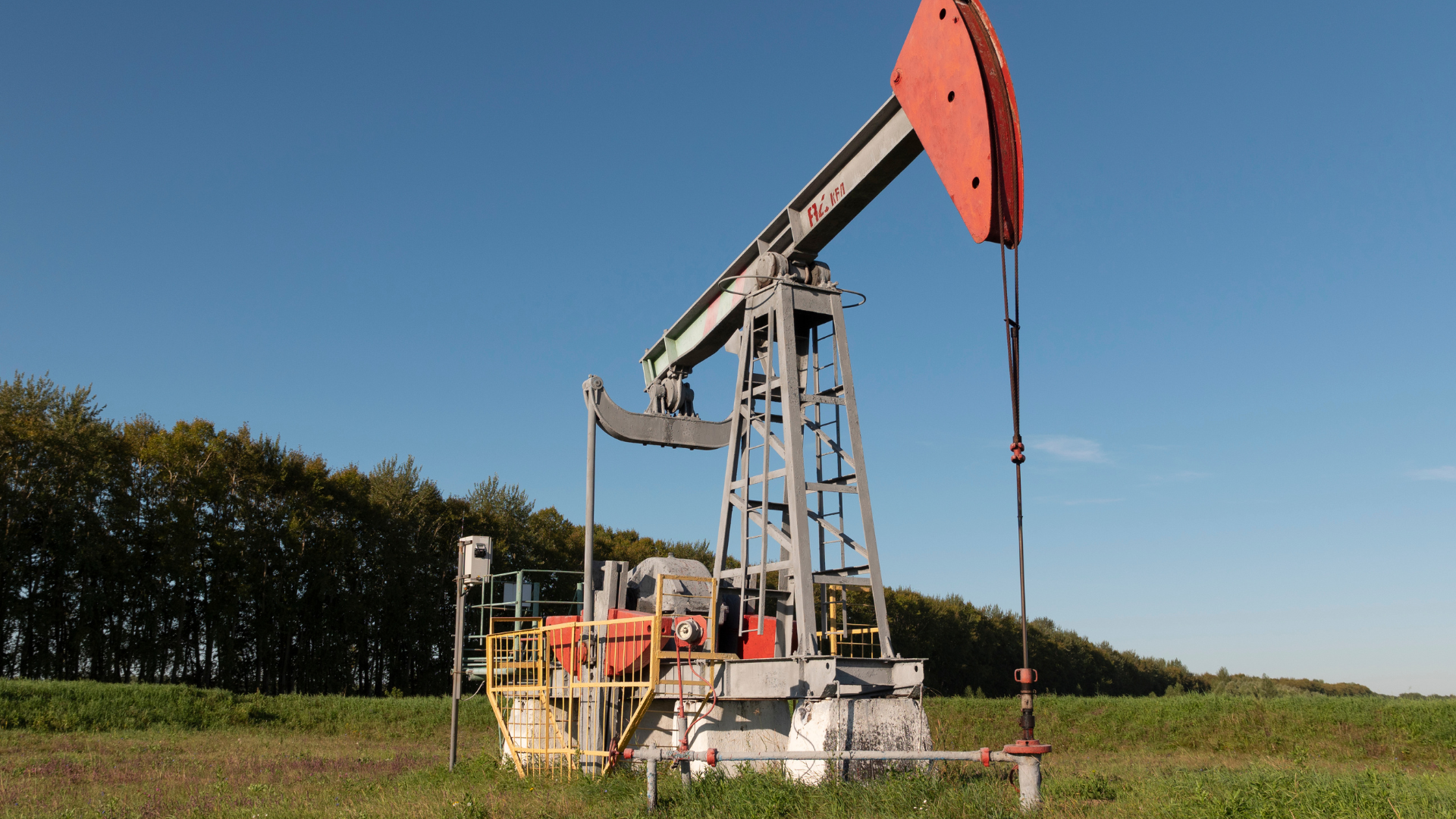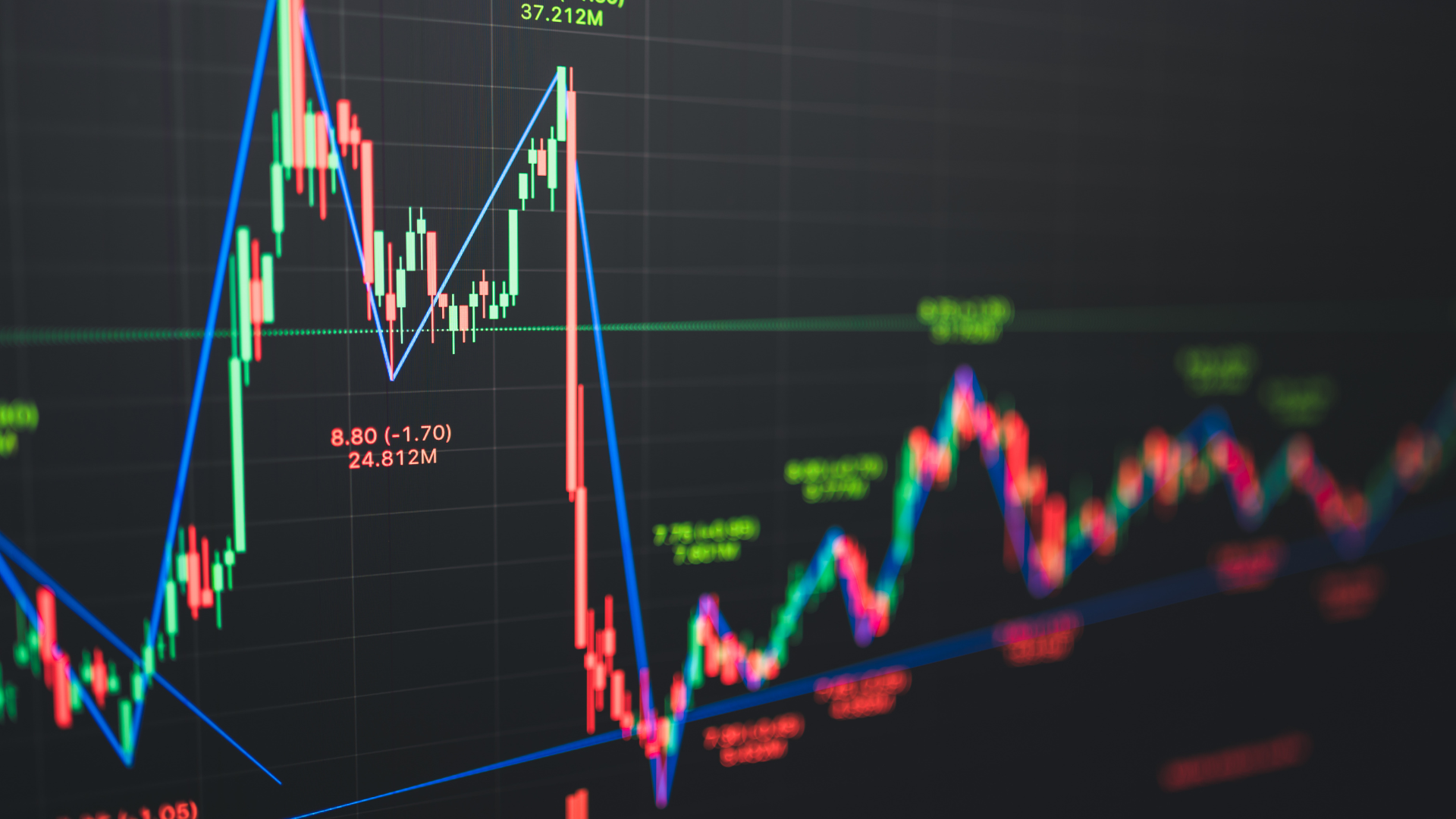German inflation exceeded expectations in December, climbing 5.5% year-on-year, higher than anticipated and suggesting that price pressures in Europe’s largest economy are more persistent than previously thought. The increase comes as the country grapples with rising energy costs and supply chain disruptions, leaving many analysts surprised by the resilience of inflation despite recent policy measures.
This unexpected inflation spike is likely to weigh heavily on the European Central Bank’s upcoming decisions. The ECB has already implemented multiple interest rate hikes in an attempt to combat inflation, but the stronger-than-expected price increases could prompt the bank to maintain or even raise rates further. The central bank’s cautious stance remains crucial, as officials balance inflation control with concerns over economic growth.
Meanwhile, core inflation, which excludes volatile items like food and energy, also stayed elevated at 5.2%, signaling deeper inflationary pressures within the economy. This persistent price growth is not just driven by external factors but reflects underlying economic conditions that are harder to control. The sustained rise in core inflation presents a challenge to the ECB, which has been attempting to temper inflation while avoiding a stalling economy.
As inflation continues to outperform expectations, market expectations are shifting, with investors anticipating more sustained tightening from the ECB. Experts predict that the central bank will remain vigilant on inflation and that any policy adjustments will come cautiously, ensuring that the inflationary trend doesn’t spiral further while balancing the risk of economic stagnation.

